Aviary Recovery Center

Overview
Aviary Recovery Center is an mental health treatment center that provides outpatient treatment for men between 18 and 65+ years of age. As part of their special programs, Aviary Recovery Center treats clients with co-occurring mental and substance use disorders. To help patients achieve sobriety, Aviary Recovery Center provides intake assessments. Afterward, patients receive cognitive behavioral therapy, dialectical behavior therapy, and telemedicine/telehealth therapy during treatment. Aviary Recovery Center is located in Saint Louis, Missouri, providing treatment for people in Saint Louis County, accepting cash or self-payment, private health insurance, and federal military insurance (e.g., tricare).
Aviary Recovery Center at a Glance
Payment Options
- Cash or self-payment
- Private health insurance
- Federal military insurance (e.g., TRICARE)
Assessments
- Screening for tobacco use
- Comprehensive mental health assessment
- Comprehensive substance use assessment
Age Groups
- Young adults
- Adults
- Seniors
Ancillary Services
- Case management service
- Diet and exercise counseling
- Family psychoeducation
- Integrated primary care services
- Suicide prevention services
Highlights About Aviary Recovery Center
6.62/10
With an overall rating of 6.62/10, this facility has following balanced range of services. Alcohol Rehabilitation: 8.00/10, Drug Rehab and Detox: 6.00/10, Insurance and Payments: 6.00/10, Treatment Options: 6.49/10.-
Alcohol Rehabilitation 8.00
-
Treatment Options 6.49
-
Drug Rehab and Detox 6.00
-
Insurance and Payments 6.00
Treatment At Aviary Recovery Center
Treatment Conditions
- Mental health treatment
- Alcoholism
- Substance use treatment
Care Levels
- Partial Hospitalization Program
- Outpatient
Treatment Modalities
- Cognitive behavioral therapy
- Dialectical behavior therapy
- Telemedicine/telehealth therapy
- Smoking/vaping/tobacco cessation counseling
- Eye Movement Desensitization and Reprocessing therapy
Ancillary Services
Special Programs
- Clients with co-occurring mental and substance use disorders
Get Help Now
Common Questions About Aviary Recovery Center
Contact Information
Other Facilities in Saint Louis
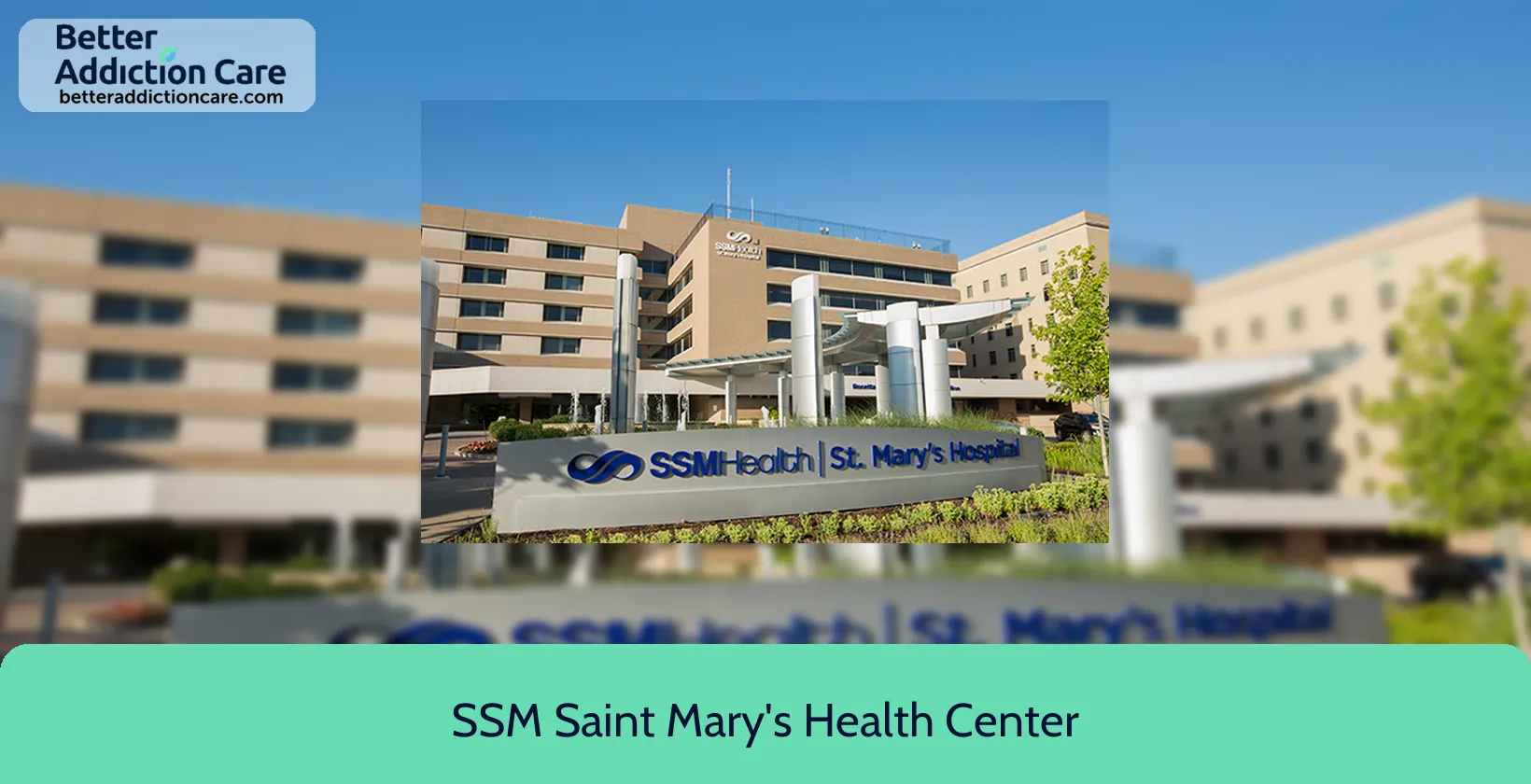
6.71
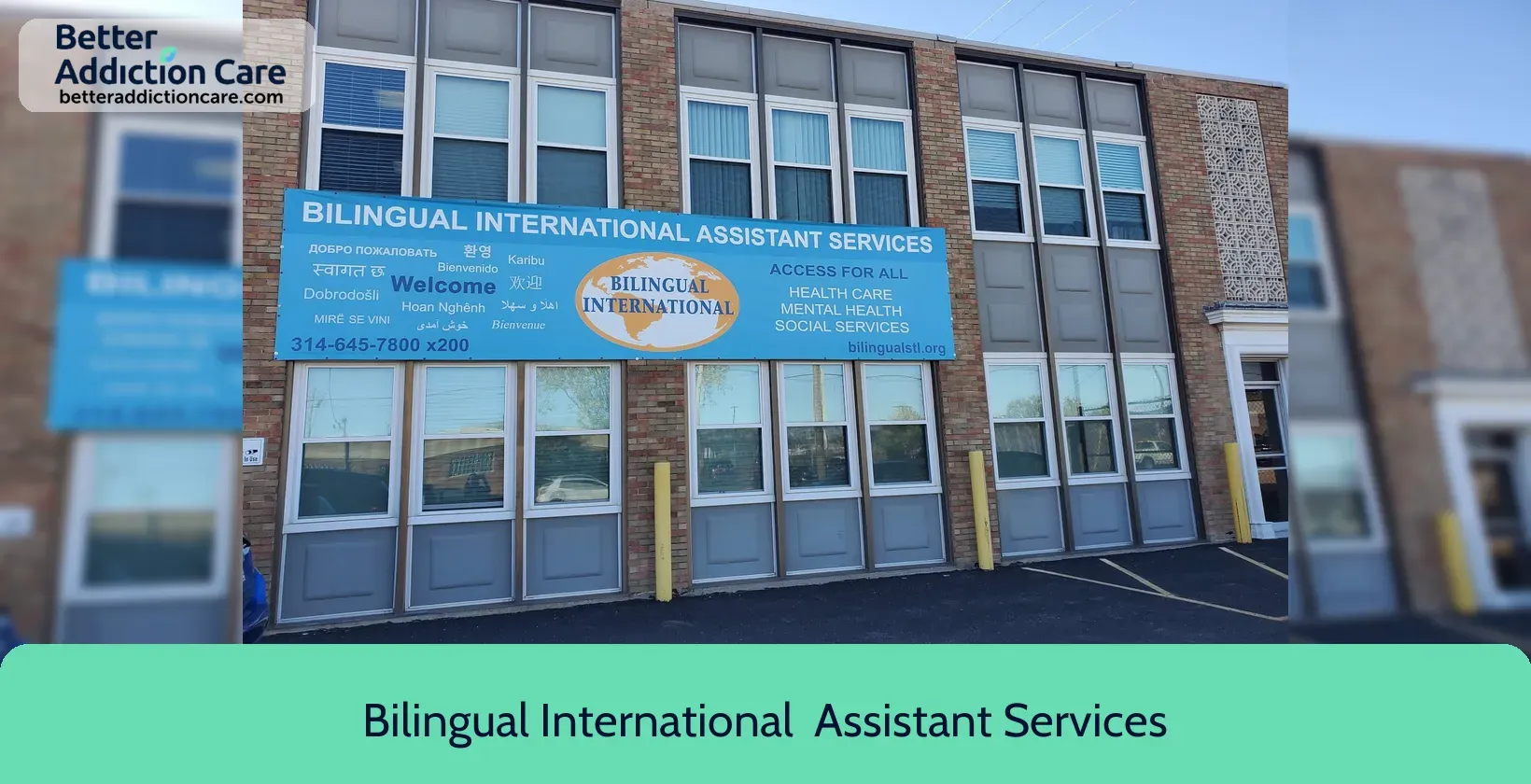
6.71
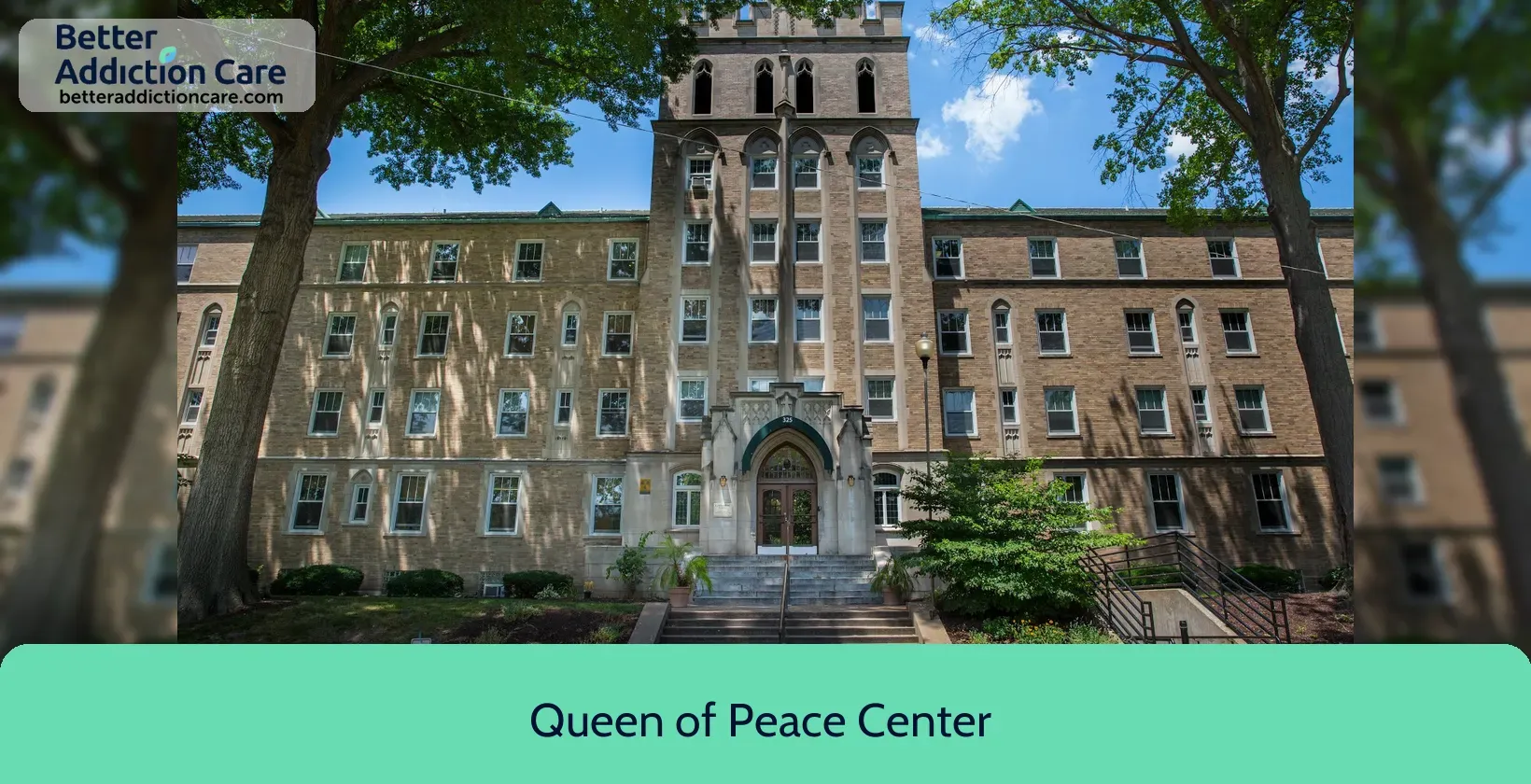
7.33
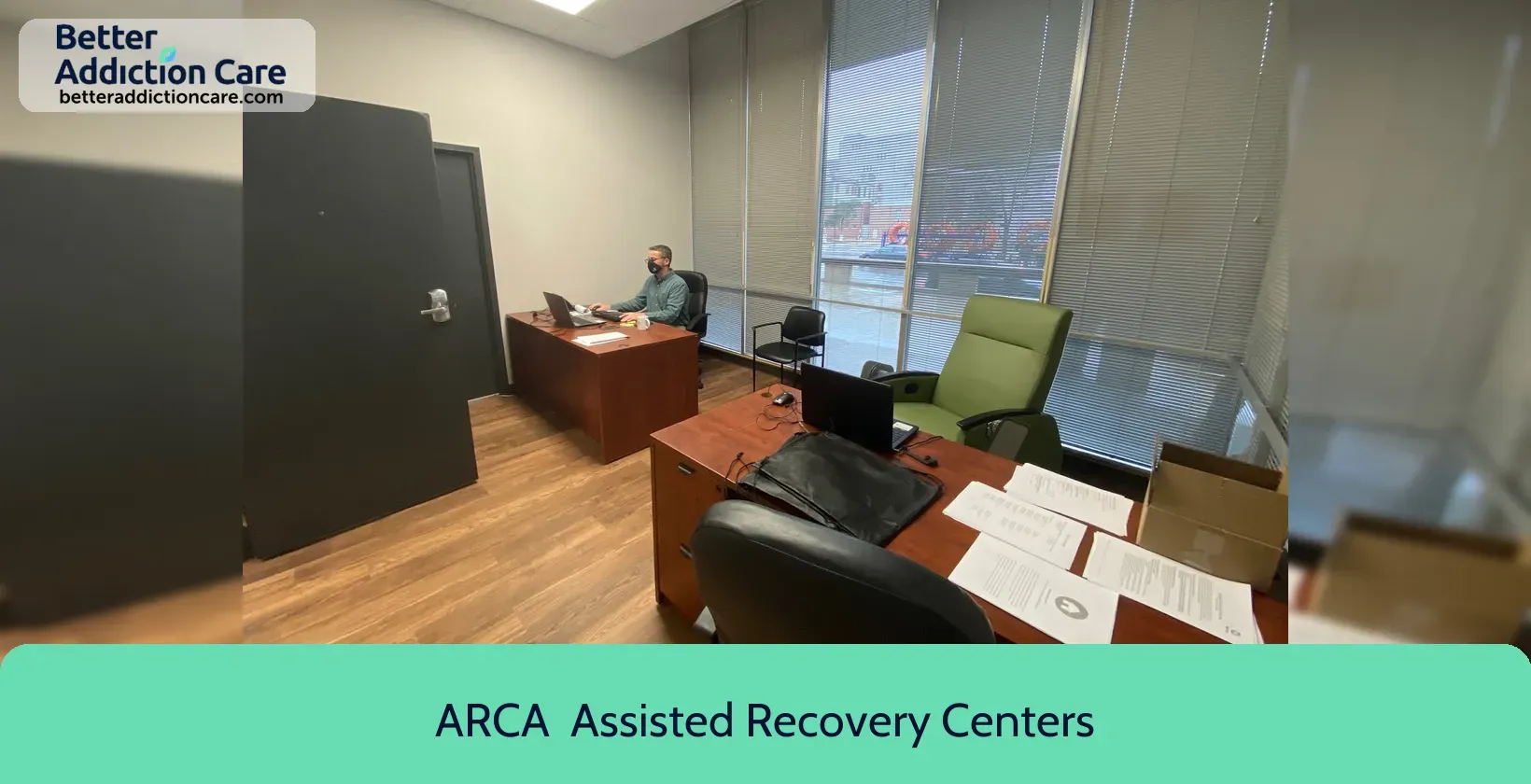
7.33

6.59
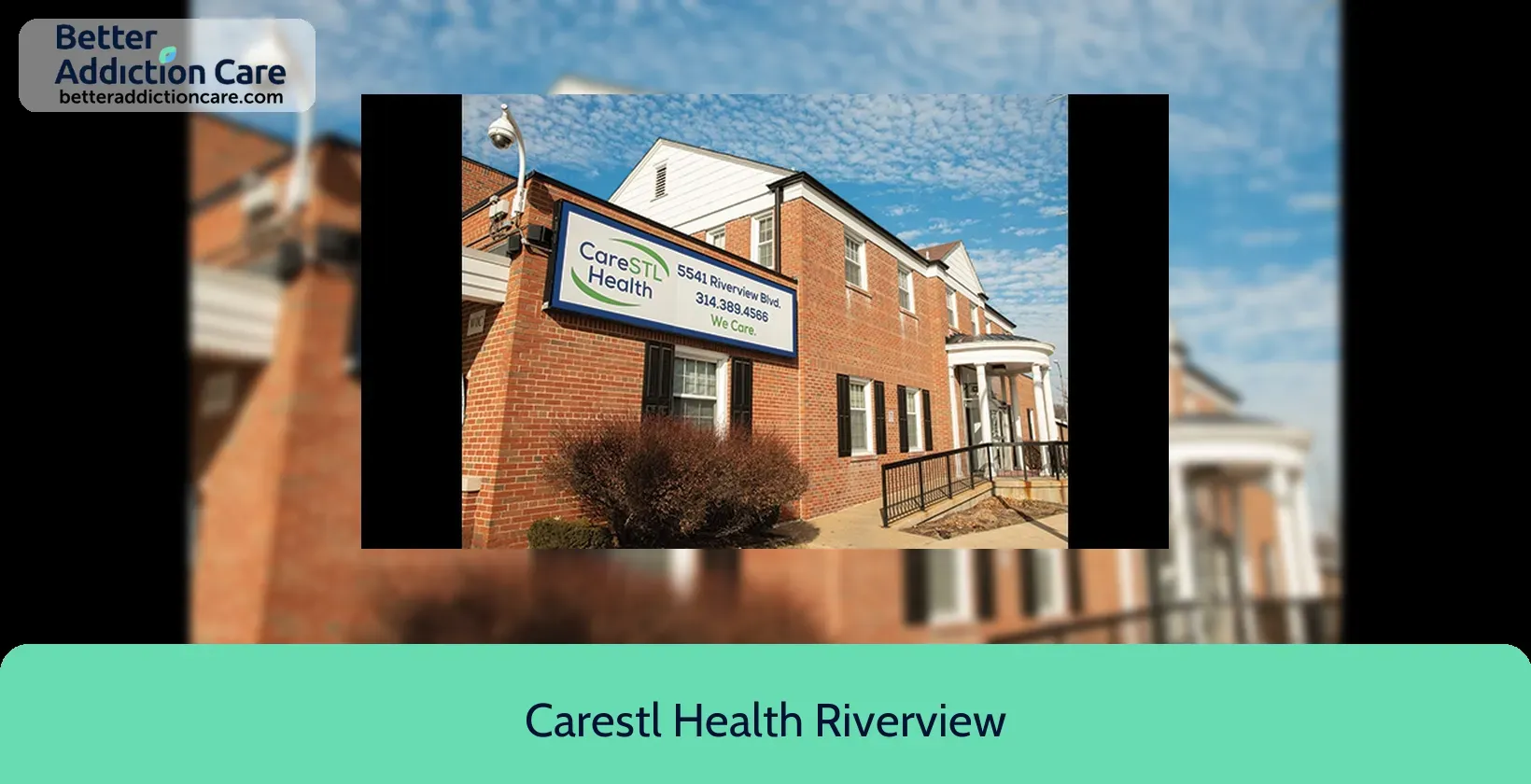
6.71
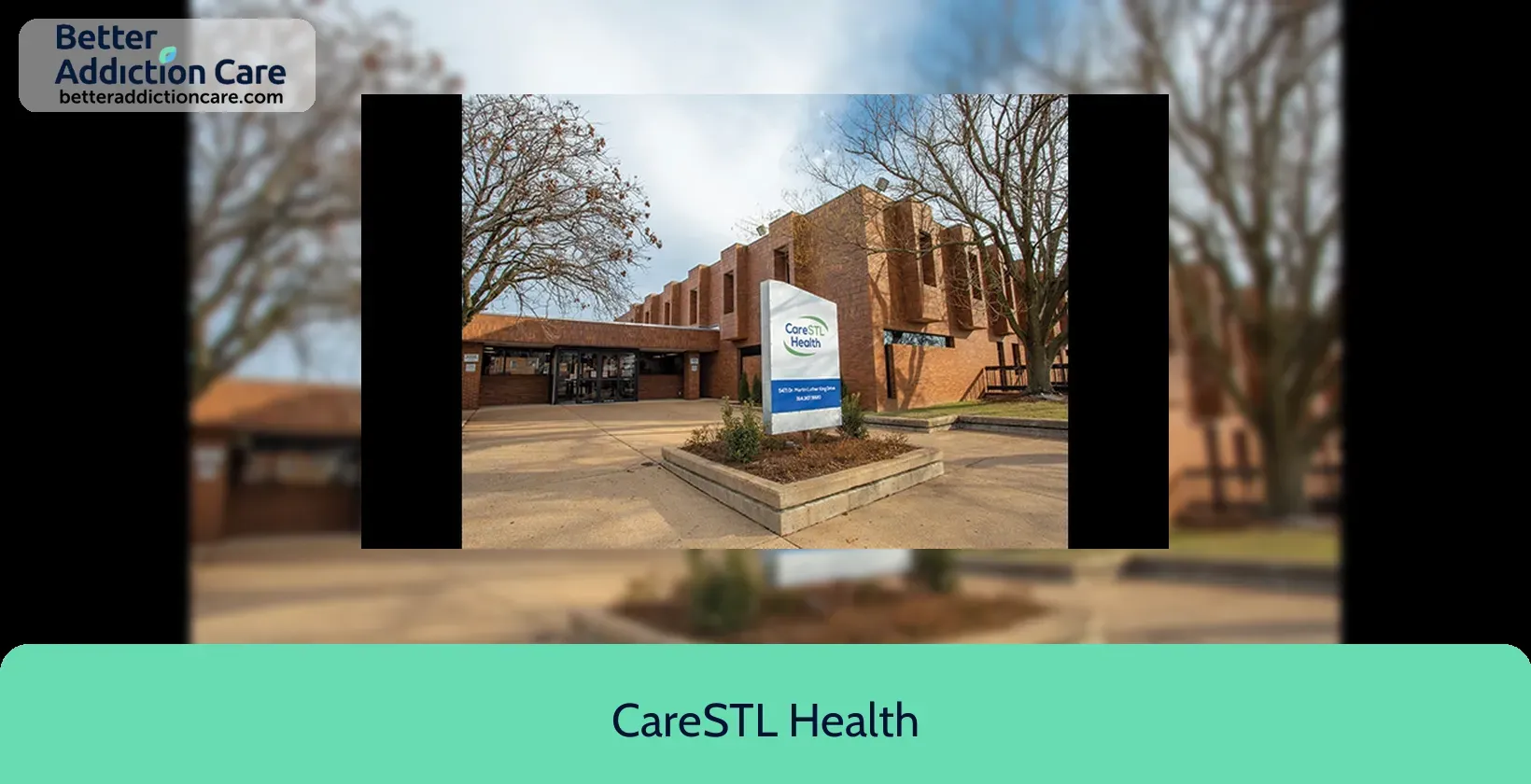
7.46
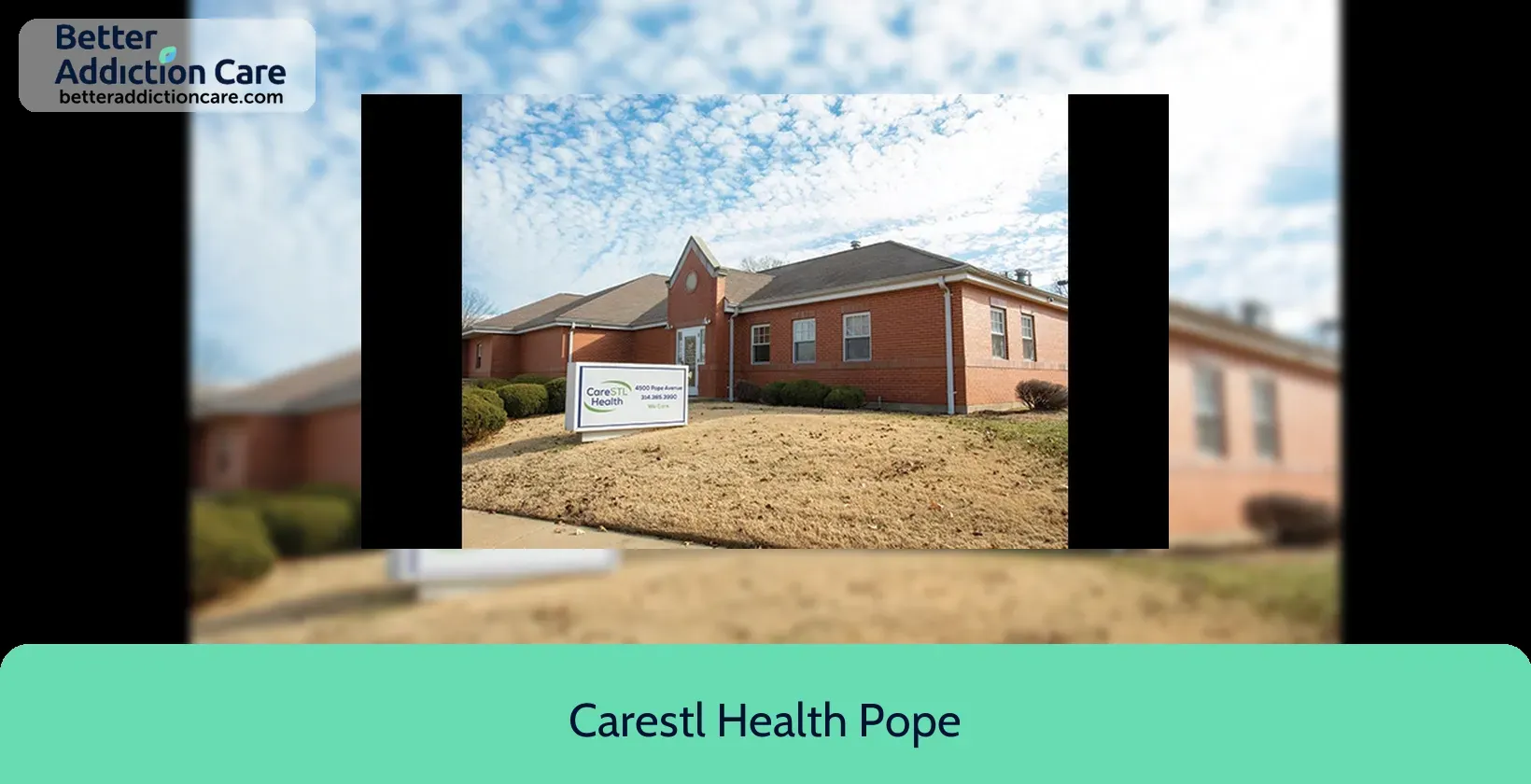
6.71
DISCLAIMER: The facility name, logo and brand are the property and registered trademarks of Carestl Health Pope, and are being used for identification and informational purposes only. Use of these names, logos and brands shall not imply endorsement. BetterAddictionCare.com is not affiliated with or sponsored by Carestl Health Pope.
